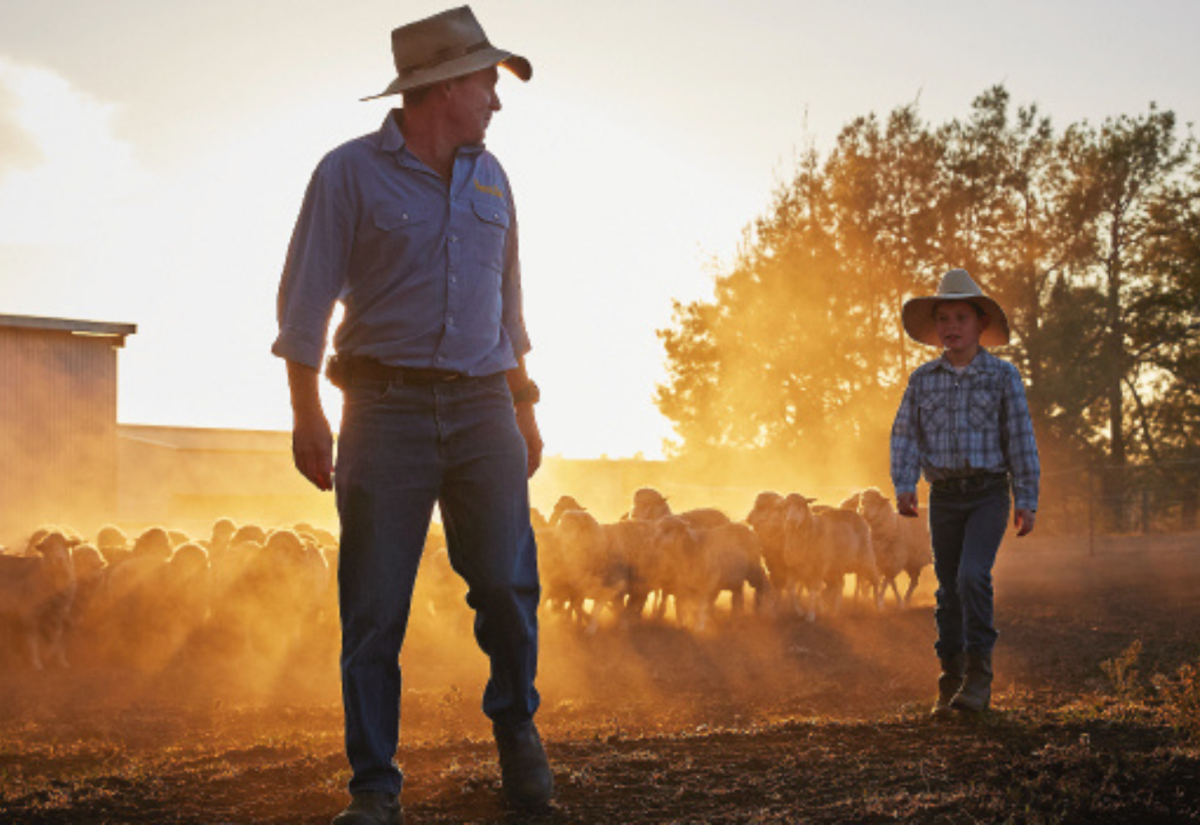Exploring the '30 by 30' vision
Oliver Brown
29 September 2021, 9:10 PM
 NSW Farmers have been meeting with state government ministers to discuss plans to achieve their ambitious targets for the ag sector.
NSW Farmers have been meeting with state government ministers to discuss plans to achieve their ambitious targets for the ag sector.FROM renewable energy to improved freight options, farmers from across the state are considering how they can increase the value of their sector without making major sacrifices on the way.
Over the past couple of months, government representatives and NSW landholders have been discussing the '30 by 30' target and how they can work together to achieve it.
30 by 30 refers to the goal to grow the state's agricultural industry to be worth $30 billion by the year 2030.
According to NSW Farmers, the productivity of the NSW agriculture sector currently earns between $12 billion and $15 every year, but in order to ensure its sustainability and future growth, a close partnership between farmers and government is crucial.
NSW Farmers President James Jackson said farmers had been incredibly resilient in the face of several challenges over the past few years, including drought, bushfires, flooding, a mouse plague and the COVID-19 pandemic, and future growth of the industry would be determined by how well they adapt to challenges still in the future.
“Trade will be a huge growth opportunity and it’s imperative we keep looking for ways to expand market access," Mr Jackson said.
"Maintaining the high level of quality typical of Australian produce will be key, and we must adjust to potential new trade conditions.
“The COVID-19 pandemic has placed the regions in the spotlight, with more Australians waking up to the opportunities in their backyard. We now have an invaluable opportunity to build on this popularity and build the vibrancy of regional NSW.”
According to Mr Jackson, infrastructure will be a huge enabler of the growth of both agriculture and regional NSW and was a key area where industry and government could work together to better connect farms to consumers across the state.
Several pivotal state government figures have been involved in a series of talks directly with local landholders over Zoom, including Minister for Energy and Environment Matt Kean.
Although Minister Kean's discussions with NSW Farmers had a large focus on the state's shift to renewable energy, he said he was supportive of achieving the 30 by 30 goal.
"There is a massive opportunity for producers to meet benchmarks of the conversion to renewables and I want NSW farmers to become the winners of this changing dynamic," Minister Keane said.
"Australia also has a lot of natural capital - investors across the world are interested in going to a net zero economy - and I want NSW farmers at the forefront of that to make sure both they and the environment are both winners."
NSW Farmers CEO Pete Arkle says concerns about the controversial Santos Narrabri Gas Project were also raised with Minister Keane.
"Our association policy does not support gas extraction where there is a danger to groundwater, as in the Narrabri Gas Project," Mr Arkle said.
"It seems the Minister is relying on the IPC decision that looks at those risks, and then puts in place requirements to address them or compensate.
"We do not believe you can risk water loss or contamination; and no amount of compensation can return water to a farm when it's lost."
Minister for Regional Transport and Roads Paul Toole has also recently spoken with local landholders.
NSW Farmers Business, Economics and Trade Committee Chair Bill McDonnell said regional transport was the only way to get crops to market, making full transparency with Minister Toole so important.
"The members were pleased to hear some frank, honest talk about some of those issues around fixing local roads and sorting out bigger projects like Inland Rail and the Great Western Highway upgrade," Mr McDonnell said.
"You’re never going to please everyone in government, but the fact that he’s listening and being up front with us is a pretty good indicator I think."
Mr McDonnell said the virtual meetings between landowners and ministers had been a great way to ensure the government was aware of concerns on the ground, but it was only one piece in the puzzle to achieving 30 by 30.
"There’s also the higher-level stuff with our organisation talking to government and various groups around the nuts-and-bolts strategies of making it happen," he said.
"Growing agriculture to $30 billion in nine years – almost eight years now – is going to be a big job and the ongoing investment by state government is very critical."